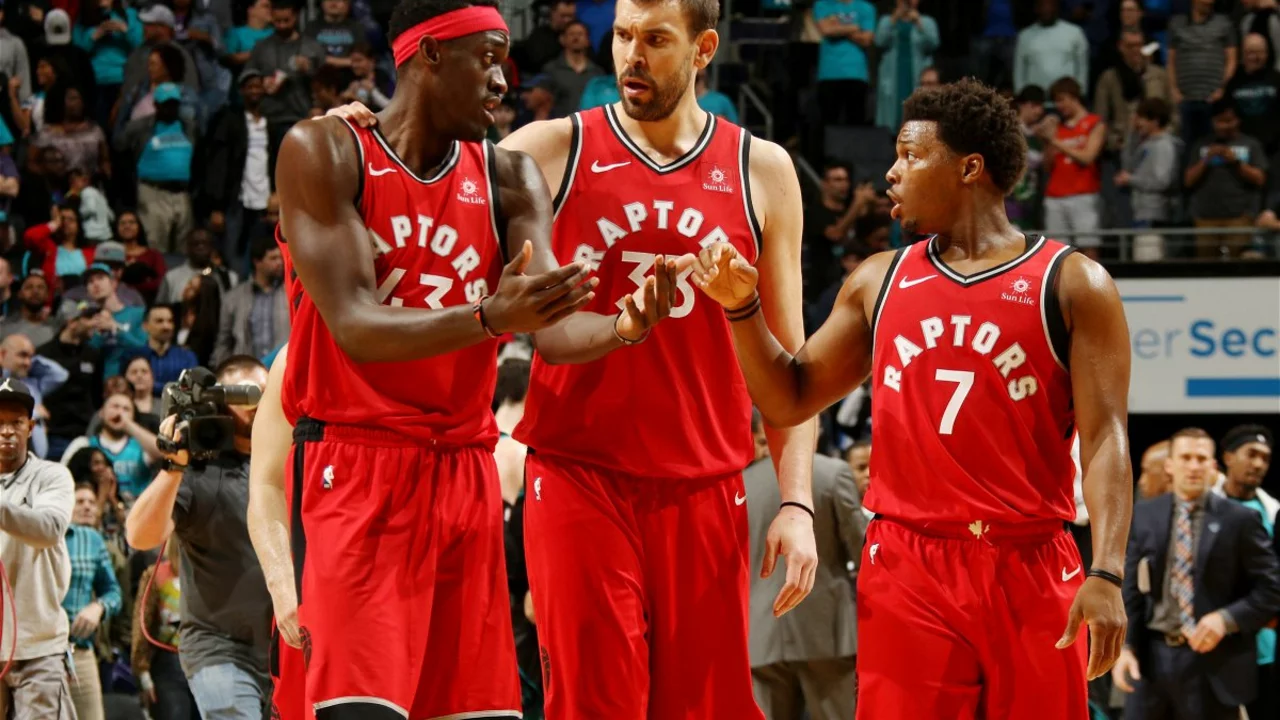Basketball Criticism: What Fans Talk About and Why It Matters
Ever wonder why a single missed shot can blow up an entire thread on social media? Basketball fans love to talk, and they love to point out what they think is wrong. That chatter is called criticism, and it’s a big part of the sport’s culture. In this guide we’ll break down the most common complaints, why they happen, and what players and coaches can do to turn the noise into useful feedback.
The Main Grievances Fans Throw Around
First off, let’s list the topics that keep popping up. The biggest ones are:
- Overrated players: People love to argue that a star isn’t as good as the hype suggests.
- Coaching decisions: From benching a hot hand to calling a weird play, fans dissect every move.
- Team style: Small‑team rosters, fast‑break focus, or slow‑tempo offenses – fans pick apart which system works.
- Ticket prices: College fans especially slam the cost of seats and wonder why they’re so high.
- Respect for older players: There’s a growing sense that veterans get written off too quickly.
These topics aren’t random. They’re tied to what fans care about most: winning, entertainment, and fairness. When something feels off, the criticism spikes.
How Players and Teams Can Use Criticism Constructively
It’s easy to take criticism as a personal attack, but smart athletes treat it like free market research. Here’s a quick recipe:
- Listen without reacting: Scan comments for patterns. If a dozen fans say a player’s defense is sloppy, that’s a clue.
- Separate facts from feelings: A tweet saying “LeBron is overrated” is an opinion; a stat showing a dip in shooting percentage is a fact.
- Apply what works: If critics point out that a team’s fast‑break style is too predictable, the coach might add more set‑play options.
- Communicate back: A short video or interview addressing the concern shows the player cares and can calm the crowd.
- Stay true to the game plan: Not every critique is worth a change. Trust the process and keep the core identity.
When criticism is handled well, it can actually boost a player’s reputation. Fans appreciate honesty, and the media picks up the story.
Why Some Criticism Feels Unfair
Not all criticism is equal. A lot of noise comes from social media hype, which can be driven by a single viral clip or a meme. For example, a missed dunk can spawn hundreds of “most overrated player” posts, even if the athlete’s season stats are solid. That’s why it helps to look at the bigger picture: season averages, injury history, and team context.
Another source of unfair criticism is age bias. Older players often get labeled as “slowing down” even when they’re still posting double‑digit points. Fans sometimes forget that experience brings better positioning and basketball IQ, which aren’t always visible on the stat sheet.
Turning Hot Takes into Smart Discussion
If you’re a fan, you can make criticism more valuable by backing up claims with data. Instead of saying “Jordan is overrated,” point to a specific season where his PER dipped. If you’re a player, ask coaches to bring concrete examples to the next practice. That way the conversation stays grounded.
Bottom line: criticism is part of basketball’s heartbeat. It can sting, but it can also sharpen the game. By spotting patterns, separating facts, and responding thoughtfully, everyone—from fans to pros—gets a better view of what really works on the court.
